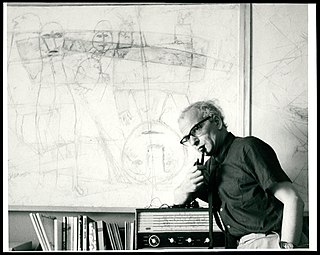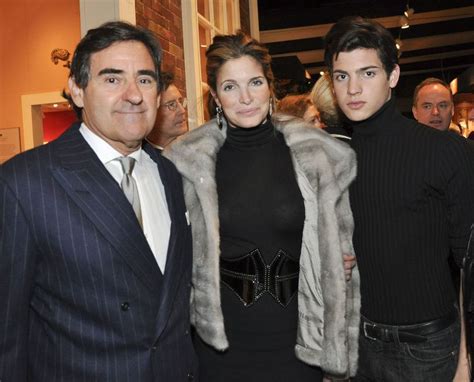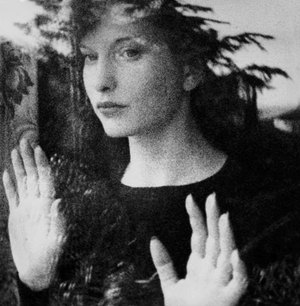A Quote by Martin Lewis Perl
Experimental science is a craft and an art, and part of the art is knowing when to end a fruitless experiment. There is a danger of becoming obsessed with a fruitless experiment even if it goes nowhere.
Related Quotes
Philosophers of science constantly discuss theories and representation of reality, but say almost nothing about experiment, technology, or the use of knowledge to alter the world. This is odd, because 'experimental method' used to be just another name for scientific method.... I hope [to] initiate a Back-to-Bacon movement, in which we attend more seriously to experimental science. Experimentation has a life of its own.
The principle of science, the definition, almost, is the following: The test of all knowledge is experiment. Experiment is the sole judge of scientific "truth." But what is the source of knowledge? Where do the laws that are to be tested come from? Experiment, itself, helps to produce these laws, in the sense that it gives us hints. But also needed is imagination to create from these hints the great generalizations--to guess at the wonderful, simple, but very strange patterns beneath them all, and then to experiment to check again whether we have made the right guess.
Fine art, that exists for itself alone, is art in a final state of impotence. If nobody, including the artist, acknowledges art as a means of knowing the world, then art is relegated to a kind of rumpus room of the mind and the irresponsibility of the artist and the irrelevance of art to actual living becomes part and parcel of the practice of art.
Art is craft: all art is always and essentially a work of craft: but in the true work of art, before the craft and after it, is some essential durable core of being, which is what the craft works on, and shows, and sets free. The statue in the stone. How does the artist find that, see it, before it's visible? That is a real question.
This deliberately nurtured hatred then spreads to all that is alive, to life itself, to the world with its colors, sounds, and shapes, to the human body. The embittered art of the twentieth century is perishing as a result of this ugly hate, for art is fruitless without love. In the East art has collapsed because it has been knocked down and trampled upon, but in the West the fall has been voluntary, a decline into a contrived and pretentious quest where the artist, instead of attempting to reveal the divine plan, tries to put himself in the place of God.



































